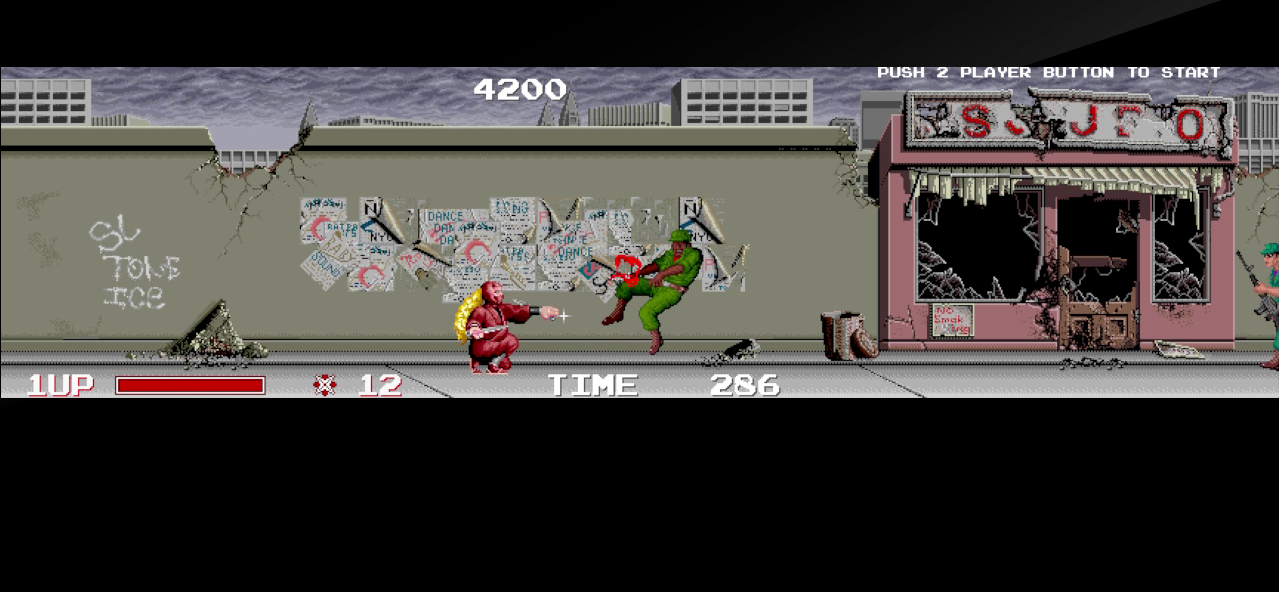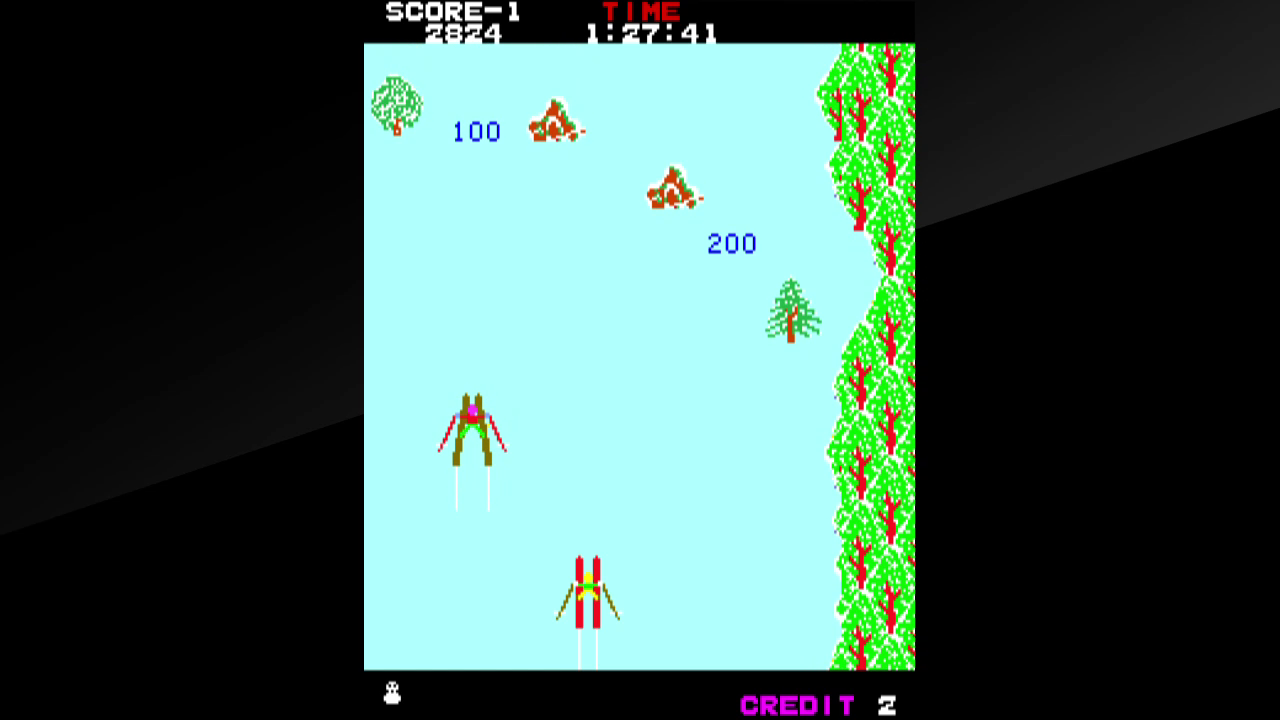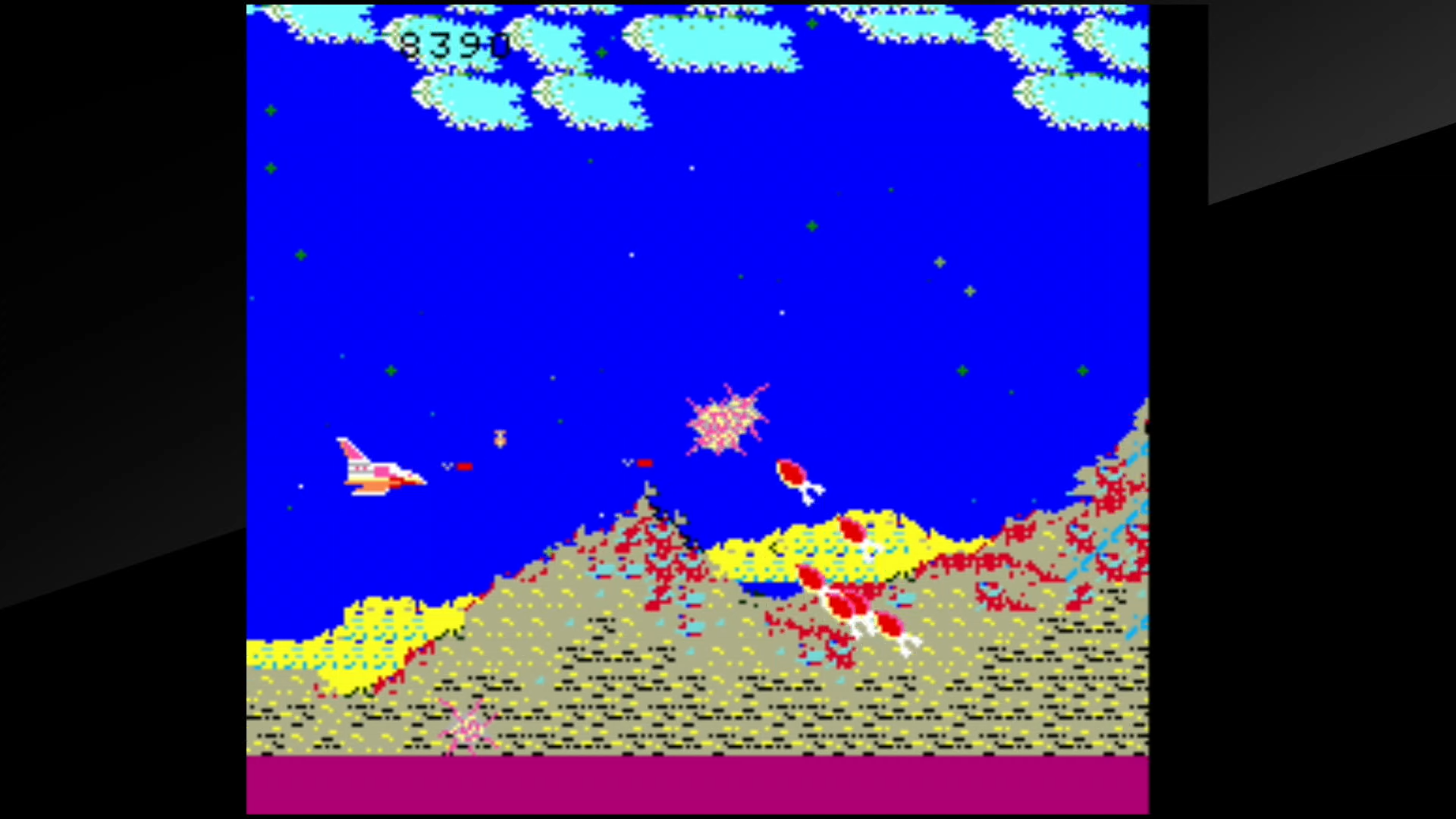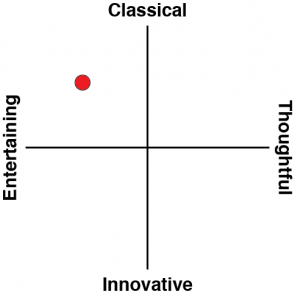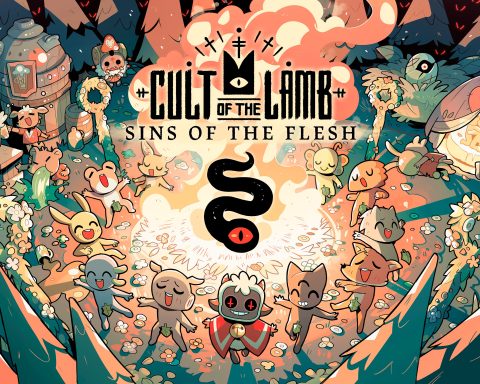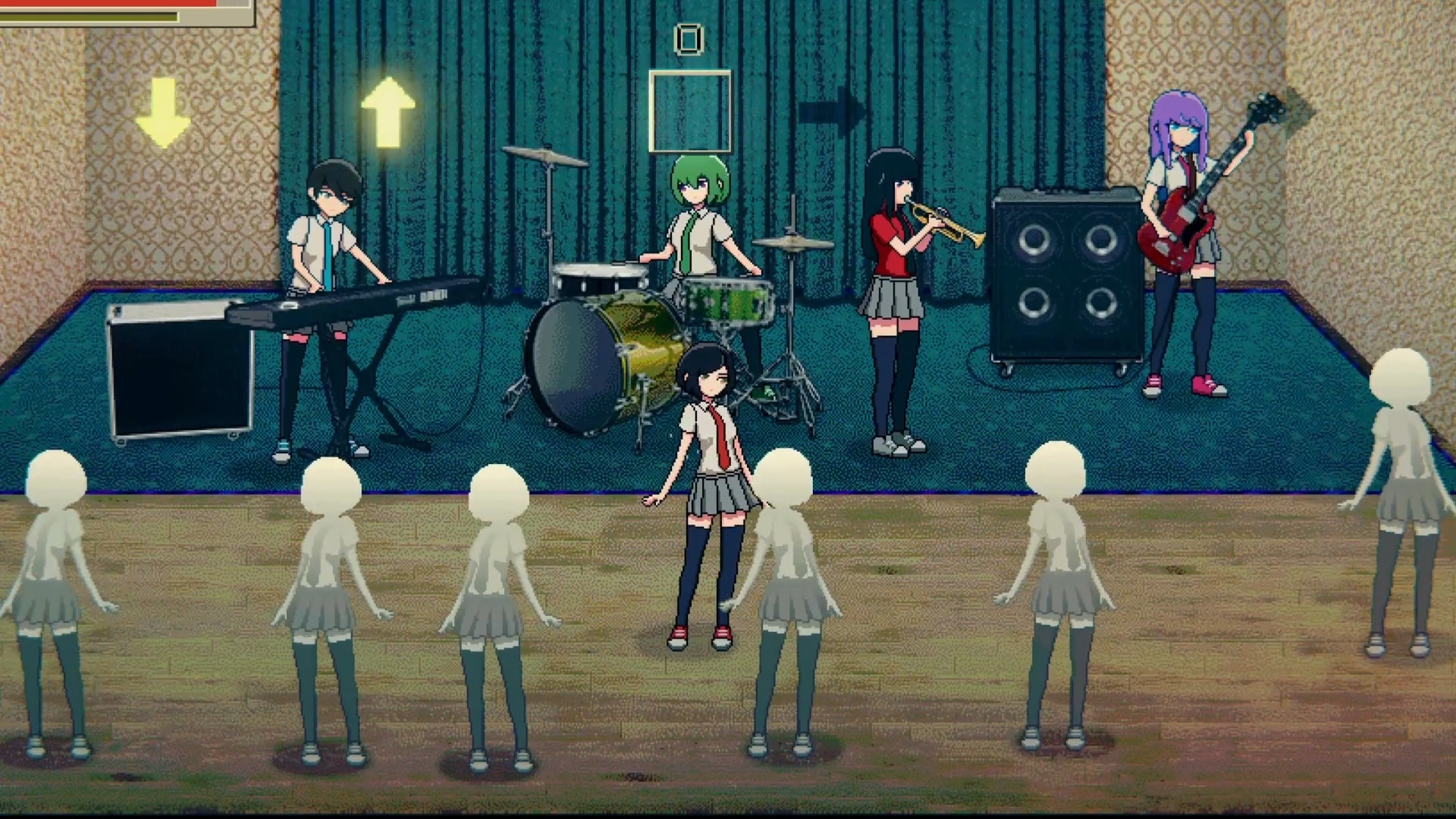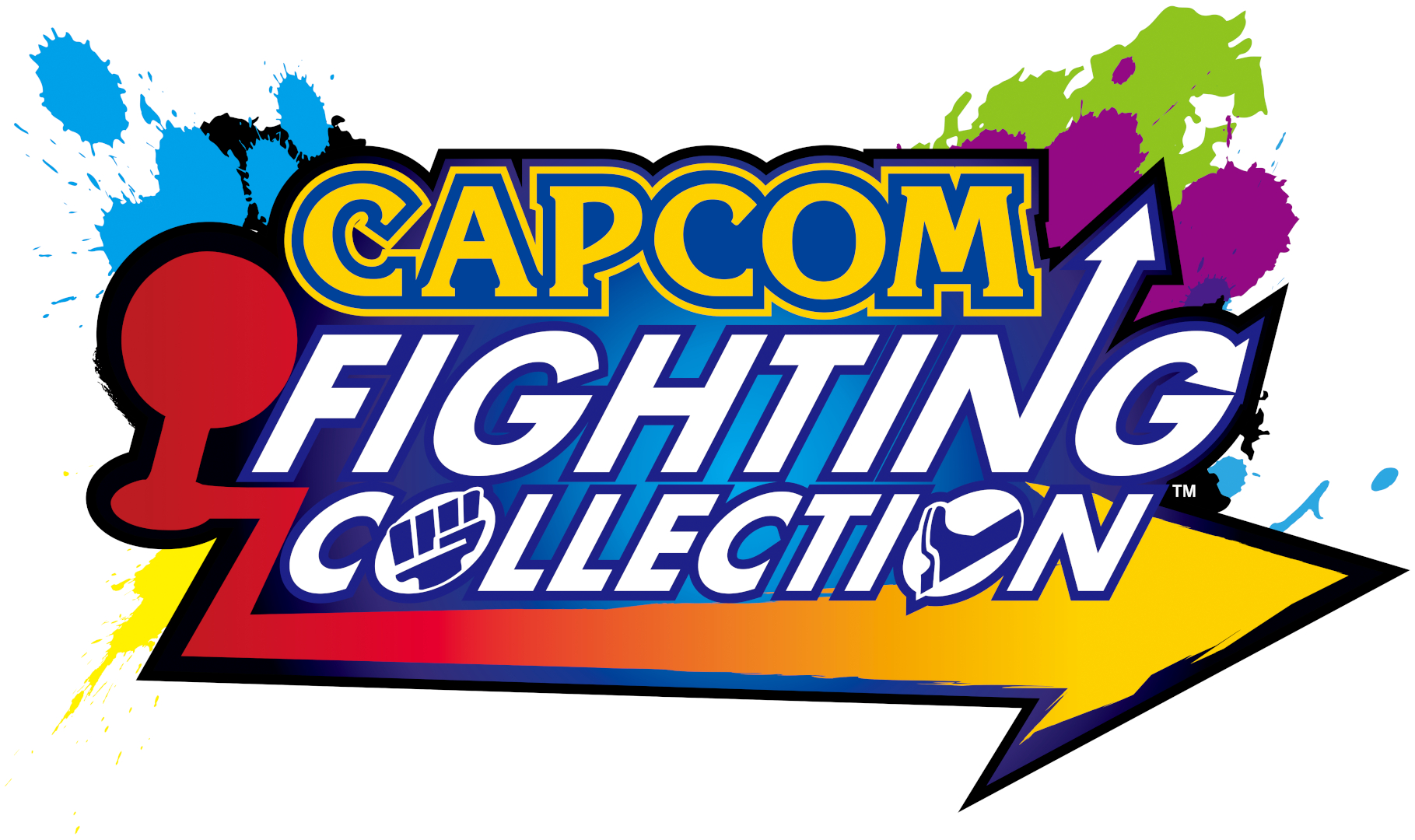Taito Milestones is undeniably cynical. The publishers have the gall to claim that it is a compilation of some of Taito’s most important historical work, and yet there are some absolutely massive, glaring omissions in the library. More than that, though, it’s disappointing that one of the best retro arcade preservation initiatives – the work of Hamster with its Arcade Archives series – would be taken and turned towards the least ambitious retro collections that we’ve seen yet. Hamster, let alone fans of Taito’s heritage, deserve better.
Taito Milestones is a collection of ten games, that the marketing collateral proudly pronounces are “classics that paved the way for the decades of Taito’s arcade dominance which followed.” Now, if I was to ask you what ten games would represent Taito’s innovation and importance to the industry, and the Taito titles that pushed the games industry forward, I can guarantee that your list will include Space Invaders, Bubble Bobble, Puzzle Bobble, Arkanoid, and Darius. What you’re not going to come back to me with is Chack’n Pop, Wild Western and Alpine Ski. So guess which titles the Milestones package has in it?
It doesn’t help that it’s the laziest effort at a compilation to date, either. When you boot it up you’ll get a launcher interface that arrays the ten options around the screen. You select one of those options and it loads the Arcade Archives version of that game. That’s it. The only difference between this collection and buying Arcade Archive titles individually is that there’s a plain, static launcher. There are no additional features like digital manuals, or little bits of history and trivia to get to know these games better with. There’s also nothing to explain why Space Seeker is somehow a “milestone,” but Space Invaders is not. After seeing this it takes zero seconds flat to realise that this is a patently obvious cynical ploy by Taito. With the possible exception of Elevator Action and Qix, none of the ten entries in this collection would sell well as an individual Arcade Archives title.
It’s not that they’re terrible, necessarily. It’s just that they have little market value as individual products due to their age and primitive qualities, and when it comes to retro games, you’re selling the name and nostalgia. Throw a bunch of these collective “nothing” games together into a compilation, however, and suddenly people might be tempted to buy it because now it’s a bunch of arcade games in one place. In short, the idea here is that you’ll think “I like arcade games! This is a lot of them in one package! It’s convenient!” So you buy Taito Milestones, and hey presto, the publisher has found a way to squeeze some money out of a stone.
There is also some discovery value to the collection. For example, I did not even know that Alpine Ski existed before booting up this collection. It’s by no means the perfect game, but I’ve found it to be an enormously appealing little experience. Some old-school dodgy hit detection aside, weaving in and out of the trees and other skiers while grabbing point bonuses is a simple, classically entertaining arcade experience. Meanwhile, as a fan of Irem’s Kung Fu (especially the Bruce Lee-licensed Game Boy title), I quite enjoyed discovering The Ninja Warriors for the first time, too. It comes across as an example of what might have happened if Irem was able to continue working on Kung Fu sequels and building the basic concept into something more. In fact, I have subsequently realised that most of the games in this compilation have been released as separate titles on Switch. I missed them completely in that format, and so I’m living proof that there’s something to the discovery quality of Milestones.
The dearth of features is unacceptable, though. Where’s the ability to rewind a bit of time to correct mistakes when learning one of the games (or when you just want to get to the end of the thing)? I was highly critical of the SNK 40th Anniversary Collection for pulling a similar stunt in holding SNL’s best title for individual sale, but the effort that went into that collection of B-listers was undeniable. You could even allow the AI to play for you so you could learn the enemy patterns (or just get to the end of the game if you really struggling). Taito Milestones doesn’t do that, either.
While we’re on this: where are the historical archives that made the Capcom Street Fighter 30th Anniversary collection the absolute gold standard for retro compilations? People who buy these things are naturally interested in the history of the stuff they’re playing – especially the more obscure titles. I would have loved to know where Alpine Ski came from for instance, and get a sense of the history of its development. Instead of any of that, I’m instead surprised that Taito Milestones doesn’t demand you provide your credit card so it can charge you $0.20 for each in-game credit. It really does come across as that cynical.
That is, again, such a pity, because Hamster has done such a good job with the Arcade Archives. Comprehensive leaderboards, and pixel-perfect emulation give you the spot-on arcade experience, and the interface is nice and smooth. For what little this is worth, it is very easy to drop back into the launcher to pick a different game. You do also get a sense of the breadth and depth of Taito’s history, as all of these titles are dramatically different to one another.
This score is not reflective of the quality of the games (overall). I’m not going to be putting Alpine Ski down in a hurry, and I’ve been playing Qix for decades now, so I would never begrudge it being part of a Milestones collection. Most of the other titles are interesting as a curio. The quality of the ports for all of these titles great thanks to Hamster’s technology, but nonetheless, this is a woeful excuse for a compilation, and that’s particularly surprising given that it came from the same publisher that gave us the Space Invaders Invincible Collection. That was one of the very best retro collections. “Disappointing” doesn’t begin to describe what I feel about Taito Milestones.
